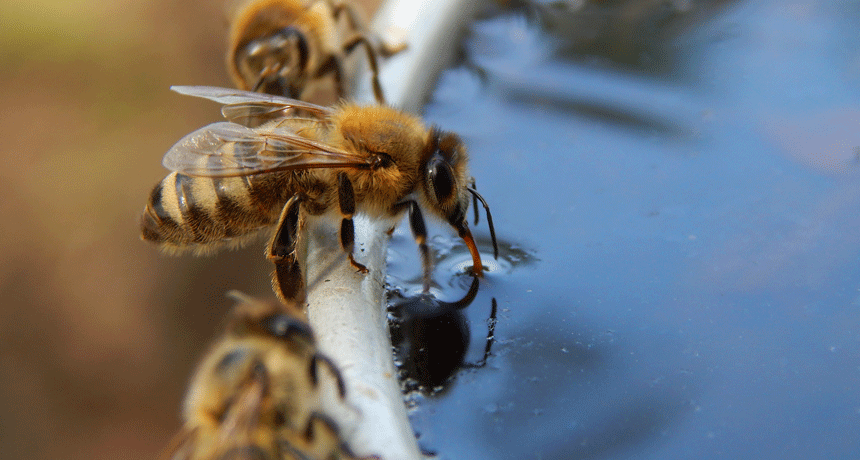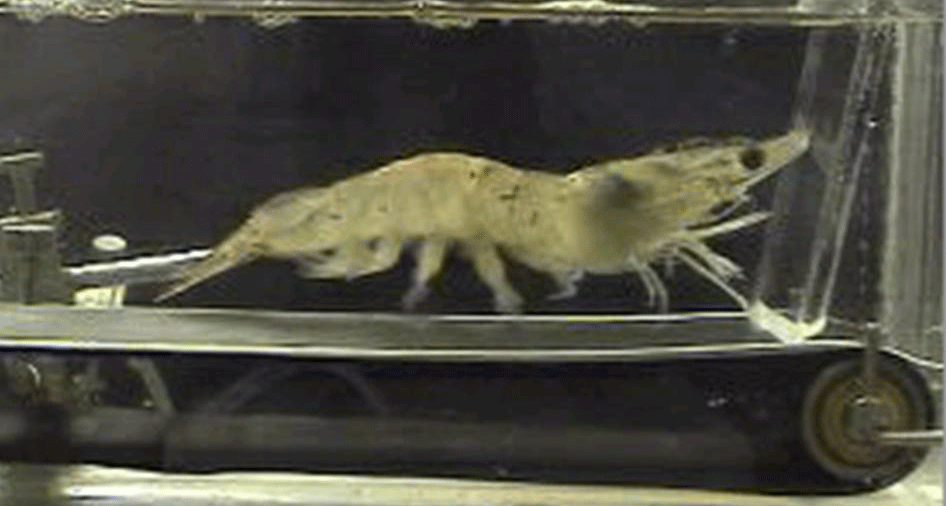MS-LS2-4
Construct an argument supported by empirical evidence that changes to physical or biological components of an ecosystem affect populations.
-
 Earth
EarthTiny air pollutants inflame airways and harm heart
New studies show how tiny bits of air pollution, called particulate matter, can lead to health problems ranging from chronic runny noses to heart disease.
-
 Agriculture
AgricultureSheep poop may spread poisonous weed
Fireweed is a poisonous plant in Australia. Sheep can eat it without hurting themselves. But a teen found those sheep may be spreading more weeds.
-
 Psychology
PsychologyCool Jobs: Doing real science in virtual worlds
Virtual reality isn’t just for gamers. Scientists are using VR technology to tackle real-world problems.
-
 Ecosystems
EcosystemsCities drive animals and plants to evolve
Biologists are finding that some species have used genetic changes to evolve — adapt — to the pollution and other stressors that they encounter in cities.
-
 Ecosystems
EcosystemsAmerica’s duck lands: These ‘potholes’ are under threat
North America’s prairies are in trouble. Scientists race against the clock for clues about how to save the plants — and animals — that call it home.
-
 Environment
EnvironmentCleaning up water that bees like to drink
Plant roots suck up pesticides used on soils, then release them into water that can seep from their leaves. This is a sweetened water that bees love to sip. A teen figured out how to remove most of the pesticide with bits of charcoal.
-
 Science & Society
Science & SocietyShrimp on treadmills? Some science only sounds silly
Research that may seem silly, at first glance, often has a rewarding aim. Here are some examples.
By Sid Perkins -
 Ecosystems
EcosystemsUnderwater meadows appear to fight ocean germs
The seagrasses that sway in coastal currents are more than aquatic groundcover. They can reduce harmful bacteria that might otherwise sicken neighboring animals, new data show.
-
 Animals
AnimalsUnder blanket of ice, lakes teem with life
Life under frozen lakes is vibrant, complex and surprisingly active, new research finds. In fact, some plants and animals can only live under the ice. But with climate change, will that continue?
-
 Animals
AnimalsFood-like smell on plastic may lure seabirds to eat it
When plastic smells like supper, seabirds and other animals can be fooled into thinking it is food.
-
 Genetics
GeneticsNew date for U.S. arrival of the AIDS virus
A new study shows that HIV started circulating at least a decade earlier than previously realized.
-
 Earth
EarthBeaches can be a germy playground
Infectious microbes can flourish on sandy beaches. Scientists are now exploring how to find and monitor these hotspots for pollution that can make vacationers sick.